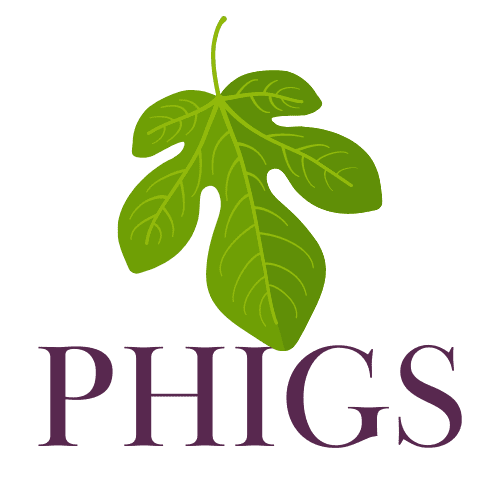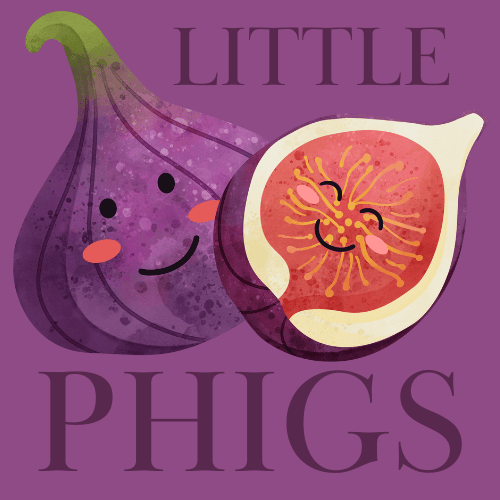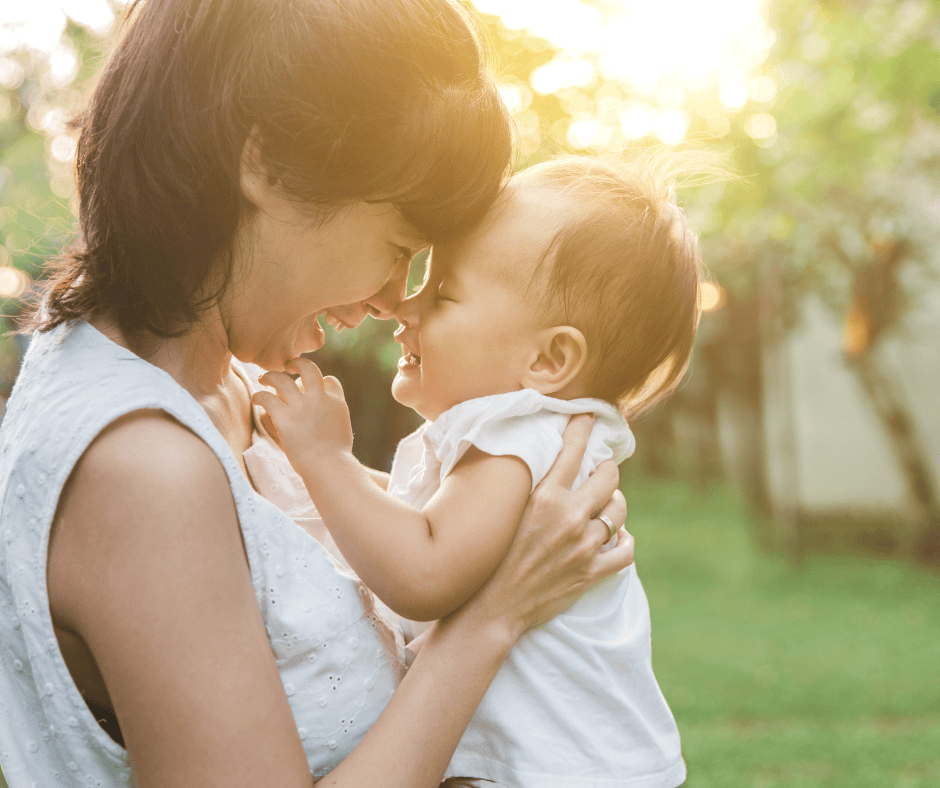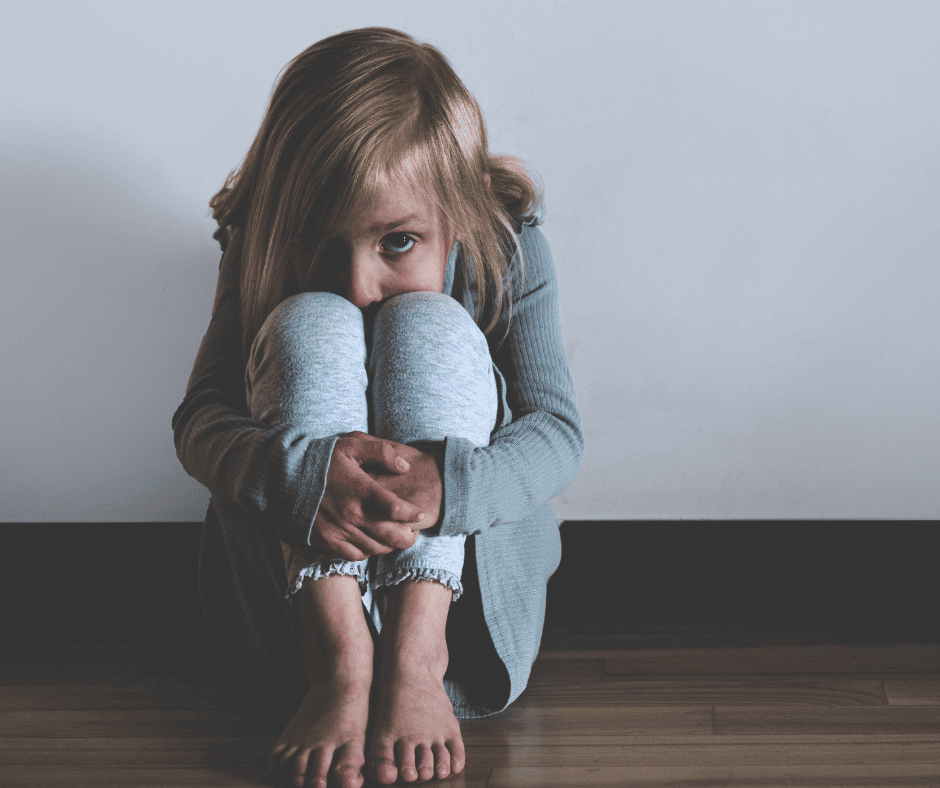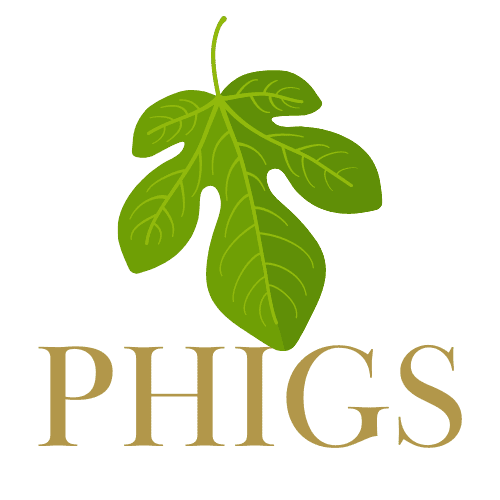The Founders' guide to PHIGS' mission
PHIGS exists within a vast, dynamic ecosystem of survivor-care related to those abandoned, abused or otherwise harmed by human trafficking. What follows is a 4-point summary of why and where PHIGS fits in this context of care.
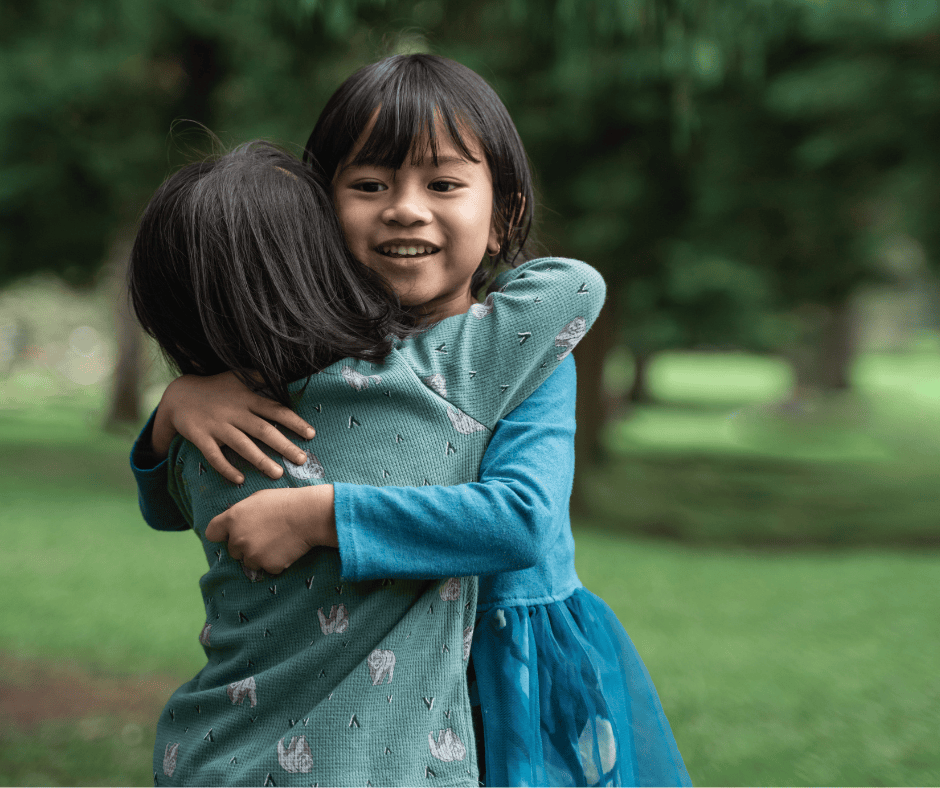
Special Focus: Category 4 Unaccompanied Children
In the context of unaccompanied children (UCs) within the US immigration system, Category 4 refers to UCs for whom ORR (the Office of Refugee Resettlement) has not been able to identify a vetted sponsor, meaning a parent, legal guardian, or other relative. This category includes children who may have had initial connections with potential sponsors, but those connections have been severed or are deemed unsafe for the child. Read more about ORR & UC...
Category 1: Parents or legal guardians.Categories 2A and 2B: Close relatives.Category 3: Distant relatives or unrelated individuals.Category 4: No identified sponsor.

The Other Focus: Discovery during interdiction
An important point to understand is UC Category 4 is a US immigration system designation applied when a unaccompanied minor is processed after crossing the US border. Unfortunately, not every unaccompanied minor is processed upon entry. Many are trafficked and discovered only through law enforcement operations or targeted interdictions that occur at the local, state, or federal level. PHIGS is committed to being a trusted resource for coordinating "shelter-now" options with transition to longer-term care including legal guardianship as appropriate. Our motivation is to see each girl move "from harm to wholeness" regardless of how they end up at PHIGS.
